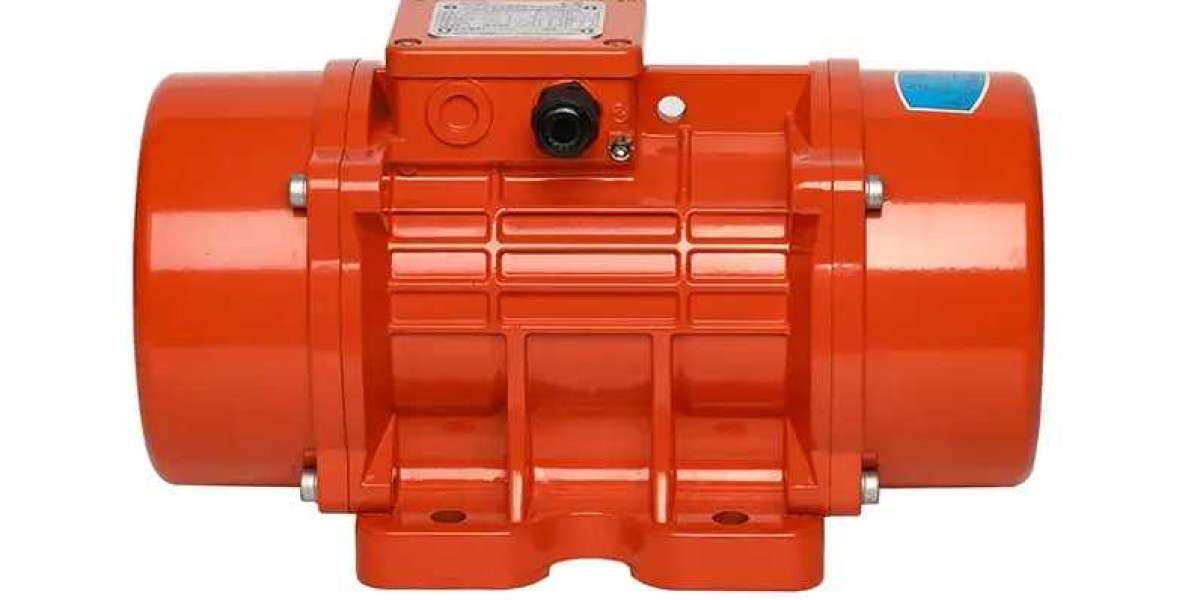Brushless Vibration Motor represent a significant advancement in motor technology, providing numerous technical advantages over traditional brushed motors. These motors are increasingly favored in various industries due to their efficiency, reliability, and precision. This article examines the technical benefits of brushless vibration motors and their impact on modern applications.
Efficiency and Power Consumption
A key technical advantage of brushless vibration motors is their high efficiency. Traditional brushed motors suffer from energy losses due to friction between the brushes and the commutator. In contrast, brushless motors eliminate this friction, allowing for more efficient energy conversion. This improvement is crucial in battery-powered devices, where conserving power is essential for prolonged operation.
The reduced power consumption of brushless motors not only extends battery life but also enhances the overall performance of devices. This efficiency gain is particularly important in portable electronics, where users demand longer usage times without frequent recharging.
Durability and Maintenance
Brushless vibration motors are known for their durability. The absence of brushes, which are prone to wear and tear, means that these motors have fewer components that can fail. This leads to a longer operational lifespan and reduces the need for maintenance and replacements.
The robustness of brushless motors is especially beneficial in applications where reliability is critical. For instance, in industrial equipment or medical devices, the consistent performance of brushless motors ensures that these tools function correctly over extended periods, minimizing downtime and maintenance costs.
Precision and Control
Another significant technical advantage of brushless vibration motors is their precise control capabilities. The electronic commutation system in these motors allows for accurate control over speed and vibration patterns. This precision is achieved through sophisticated algorithms that adjust the motor's operation based on real-time feedback.
This level of control is invaluable in applications requiring detailed haptic feedback. In gaming controllers, for example, the ability to create specific vibration patterns enhances the gaming experience by providing more realistic and immersive feedback. Similarly, in medical devices, precise vibration control can help convey critical information to users in a clear and effective manner.
Noise Reduction
Brushless vibration motors also tend to operate more quietly than brushed motors. The elimination of brushes reduces mechanical noise, which is a significant advantage in applications where quiet operation is important. In consumer electronics like smartphones and wearable devices, reduced noise levels contribute to a more pleasant user experience.
Applications in Modern Technology
The technical benefits of brushless vibration motors have led to their widespread adoption in various modern technologies. In the automotive industry, they are used in advanced driver-assistance systems to provide tactile alerts to drivers. In consumer electronics, they enhance the user experience by delivering precise haptic feedback.
Medical devices also leverage the advantages of brushless vibration motors to improve patient care. Wearable health monitors, for example, use these motors to provide discreet alerts and notifications, helping users stay informed about their health status without being intrusive.
Conclusion
Brushless vibration motors offer a range of technical advantages, including high efficiency, durability, precise control, and reduced noise. These benefits make them ideal for a variety of applications across different industries. As technology continues to evolve, the role of brushless vibration motors in enhancing device performance and user experience is expected to grow, highlighting their importance in modern engineering and design.







